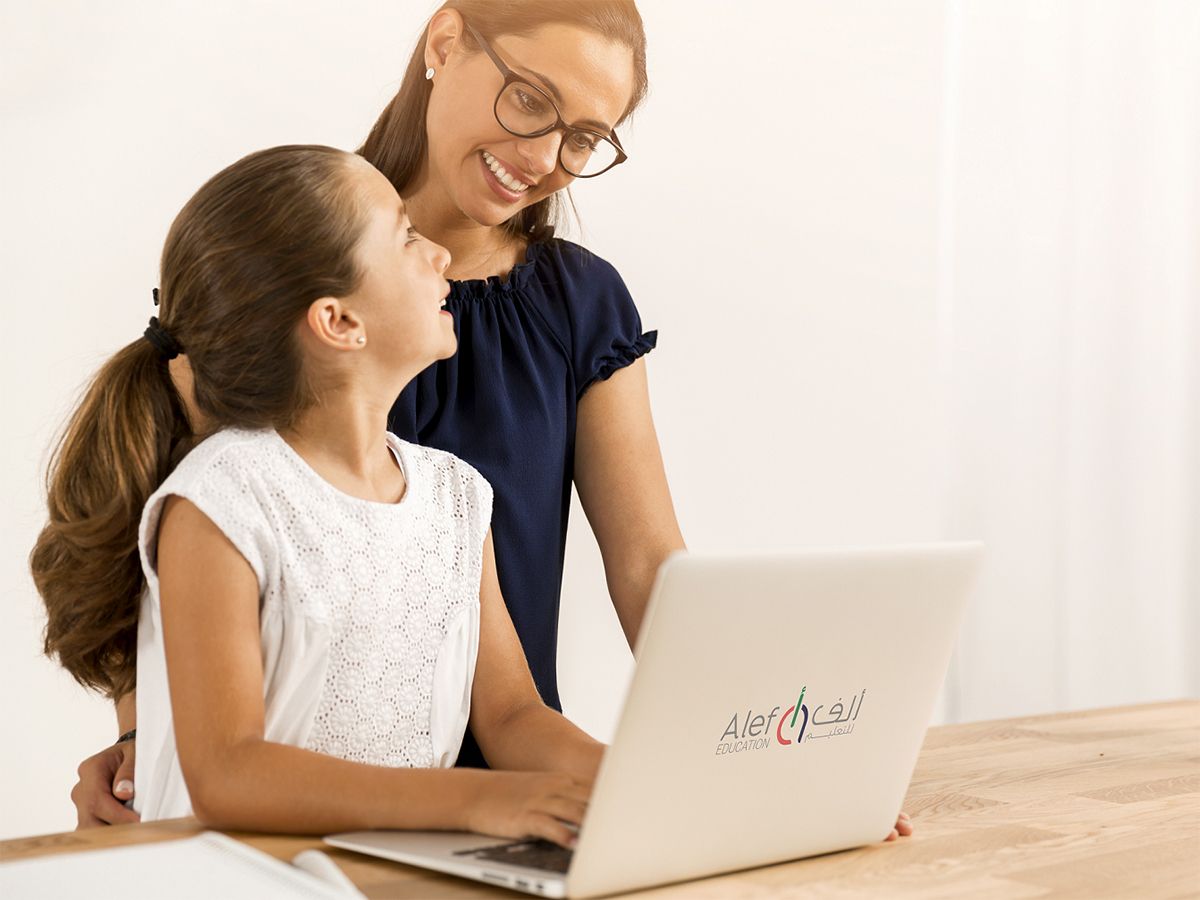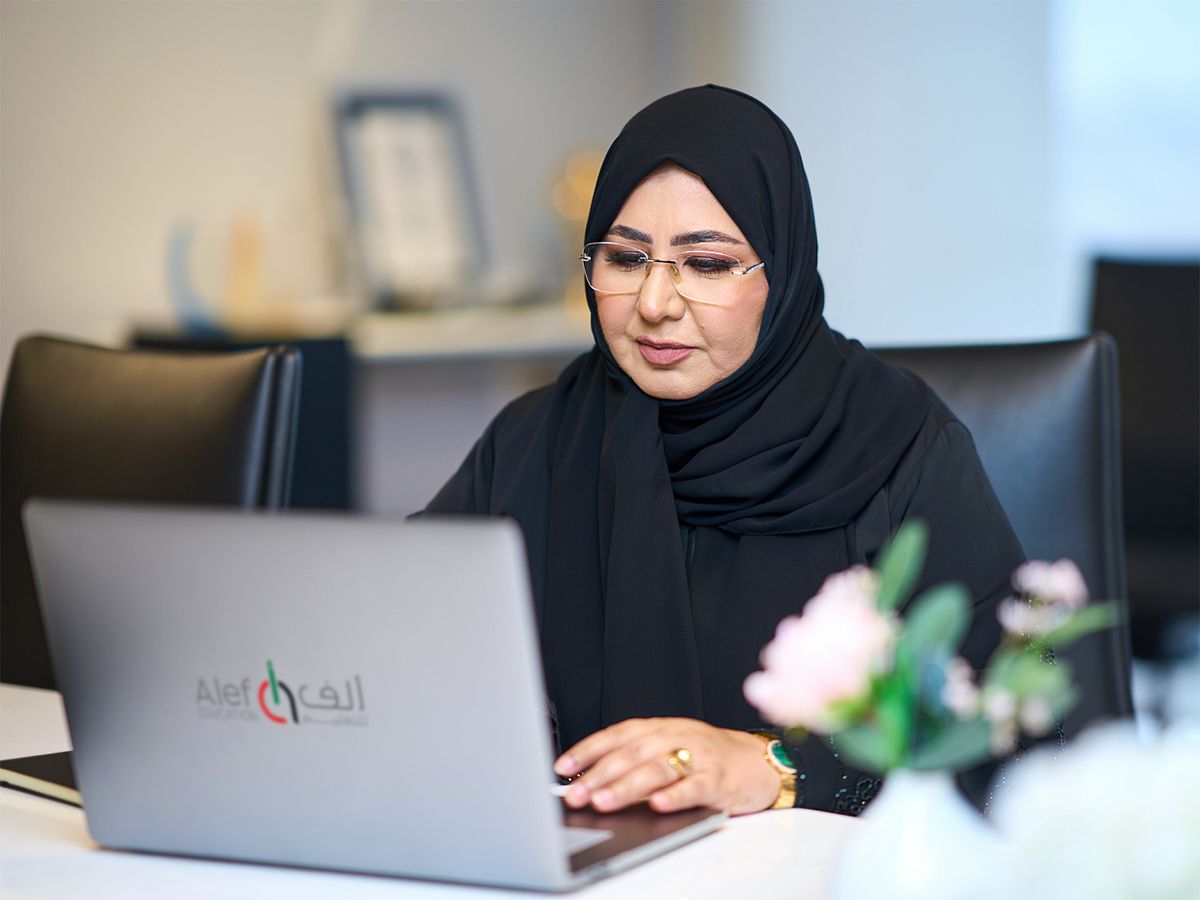
The world is changing rapidly, and along with it, the job market is evolving. Many skills, like speed typing and shorthand, which were in demand ten years ago are less relevant, and new skills are needed to meet the demands of the modern workforce. However, there is a significant gap between the skills employers need and the skills jobseekers possess. Employers today require skills connected to new technologies such as updated communication tools (Slack, Zoom, etc.), online productivity, online chat, virtual interviews, and those such as blockchain, data analysis, and digital marketing. Bridging this gap requires a collective effort, and women play a crucial role in determining the key factors that bridge gaps in skill development.
Women have always played a vital role in the workforce, but their contributions have often gone unnoticed. In many parts of the world, women have limited access to education and training, making it hard to acquire the skills needed for career success. According to UNICEF, women account for only 35 per cent of science, technology, engineering, and mathematics (STEM) graduates at the tertiary level globally. Furthermore, approximately 1 billion girls and women worldwide lack the necessary skills to succeed in a rapidly evolving job market. Additionally, 1 in 4 girls between the ages of 15 and 19 is neither employed nor enrolled in education or training – twice as much as the same age group of boys.
However, this trend is changing, and women are taking on leadership roles in various fields, including business, politics and education – particularly in the UAE. According to the UAE Gender Balance Council, women presently occupy 27.3 per cent of UAE cabinet positions – one of the highest in the region, 50 per cent of the UAE Federal National Council seats, and 30 per cent of the diplomatic corps. It is a direct result of the unwavering commitment of the UAE government to promoting economic empowerment for women to achieve educational attainment and gender equality in the workplace. In 2022, significant reforms were made to the UAE labour laws through Federal Decree-Law No 33, which puts female empowerment at the forefront. The reform guarantees pay parity between men and women and extended maternity leave, among other provisions. It will undoubtedly help to create a more equitable workplace and contribute to the overall economic empowerment of women in the UAE.

As technology and digitisation continue to transform the fields of work and education, the UAE has taken the initiative to embrace online learning to create an inclusive and integrated knowledge economy. On March 9, Noura Al Kaabi, Minister of State, addressed the 67th session of the Commission on the Status of Women as a member of the Permanent Mission of the UAE to the United Nations and stated, “… my country continues to empower women in technology and ensure they have equal opportunities. My country has … empowered women in science fields. Sixty-one per cent of the students in universities of science, technology, engineering, and mathematics in the UAE are females, and we are working to provide equal opportunities for women after graduation … For example, women made up 34 per cent of the Emirates Mars Mission and 80 per cent of the entire science team of this project, allowing them the opportunity to participate in decision-making and developing technology used in this sector.”

The accessibility, flexibility and affordability of online courses have made it easier for women to overcome traditional educational barriers, such as mobility, safety and family obligations. As more women turn to online learning to build their skill sets, they bring unique perspectives and experiences. This diversity of thought is critical to developing courses and programmes that are relevant and effective for a broad range of learners. A key factor that women bring to the discussion of online learning is the need for flexibility. Many women have family and caregiving responsibilities that make it challenging to complete traditional on-site training. Online learning allows them to learn at their own pace and on their own schedule, making it easier to balance their other commitments. By emphasising the importance of flexibility, women are helping to create a more inclusive and accessible education system.
Workplace training is crucial in empowering women to take on more active roles in the workforce. It is encouraging that the public and private sectors are increasingly investing in training programmes. Businesses must continue to take the lead in these efforts while considering ways to make their programmes more gender-inclusive to boost female participation. It will help create a more equitable and inclusive work environment for women, leading to greater workforce diversity and gender equality. So, businesses need to prioritise gender-inclusive approaches in their training programmes.
While expanding training opportunities is paramount, companies must also work to promote flexible work environments. Women working in flexible environments are more likely to have the time and reflective space they need to learn, evaluate and update their skills to compete in the marketplace. In addition, companies can break free from traditional gender stereotypes and allow more women to participate in economic activities through an effective hybrid model.
Leading edtech companies such as Alef Education have consistently played an integral role in empowering women through online learning by providing education accessible from remote areas, offering flexibility that many women need to balance work, family and education, and an opportunity to develop new skills and acquire knowledge that can enhance their career prospects. Women comprise a large part of the K-12 education workforce. Alef Education offers professional development sessions to teachers and other school staff to adapt to the changing digital education system. We are also committed to incorporating modern technologies into educational practices. We regularly hold professional development seminars to train teachers and staff on using modern technologies and solutions in the education sector across the UAE.
Despite recent progress, more remains to be done to achieve gender equality. Focusing on policies and initiatives promoting women’s education and economic participation is essential. It is time to recognise and value women's contributions to the modern labour market and ensure they have an equal opportunity to succeed. According to the US-based Center for Creative Leadership, having more women in the workplace makes a company a better place to work for people of all genders. Research shows that in companies with female leaders and a higher percentage of women in the workplace, there is a positive correlation between the workplace and employee engagement and retention, with employees recorded as being more fulfilled and having higher levels of job satisfaction, more organisational dedication, more enjoyable and meaningful work and opportunities to make a difference and less burnout.
By harnessing the potential of women in the workforce, we can create a more inclusive, diverse and thriving economy for all.
— The writer is the board advisor at Alef Education




